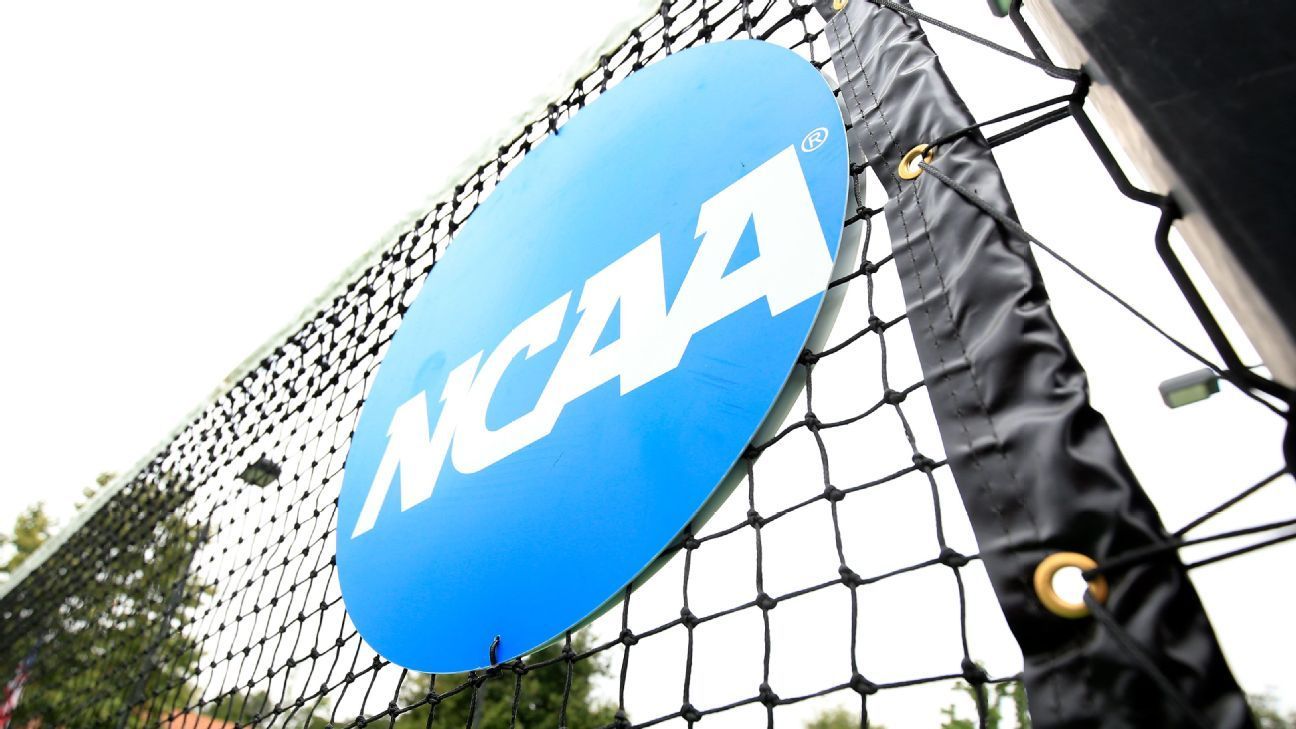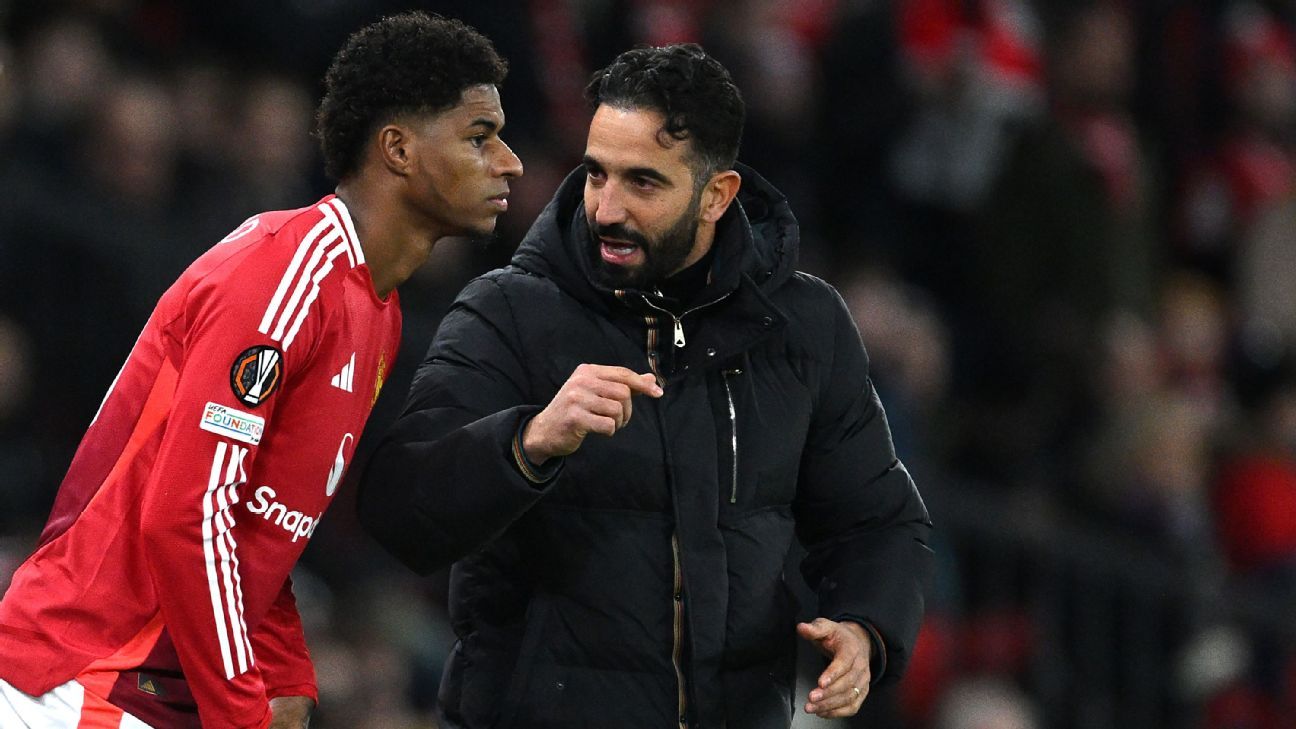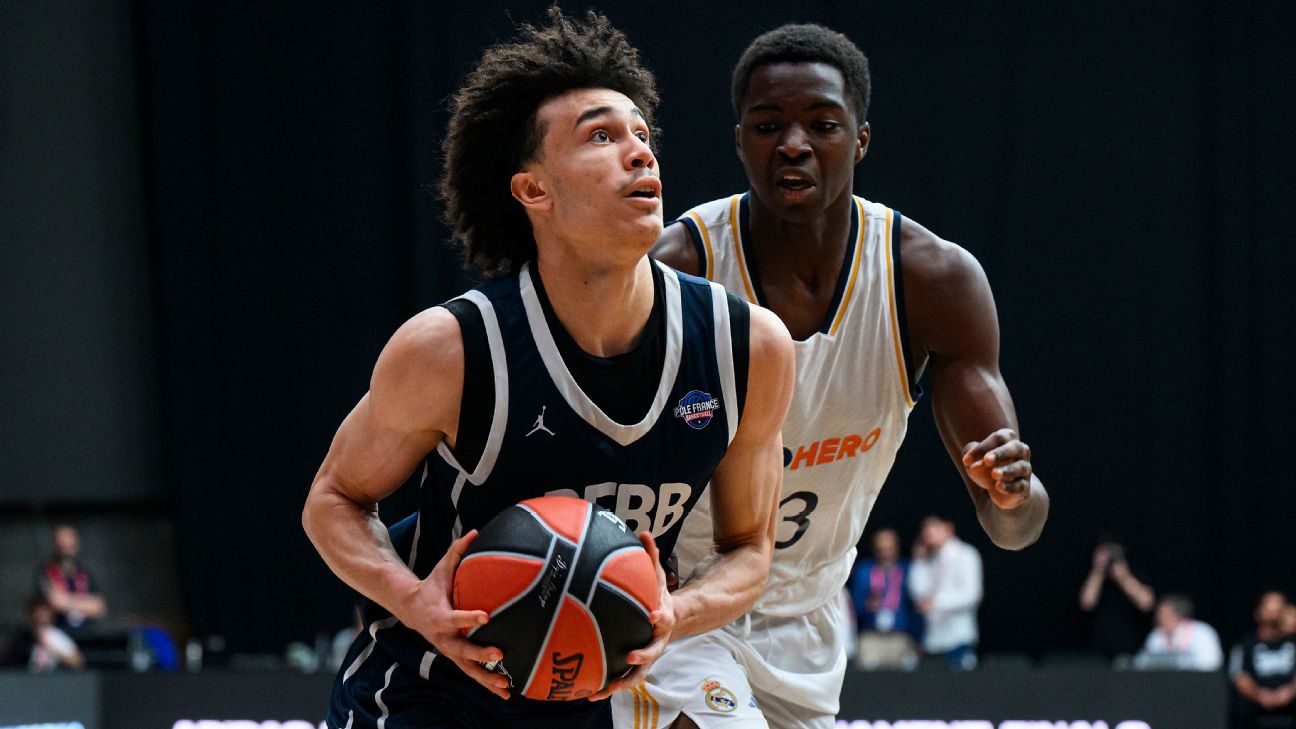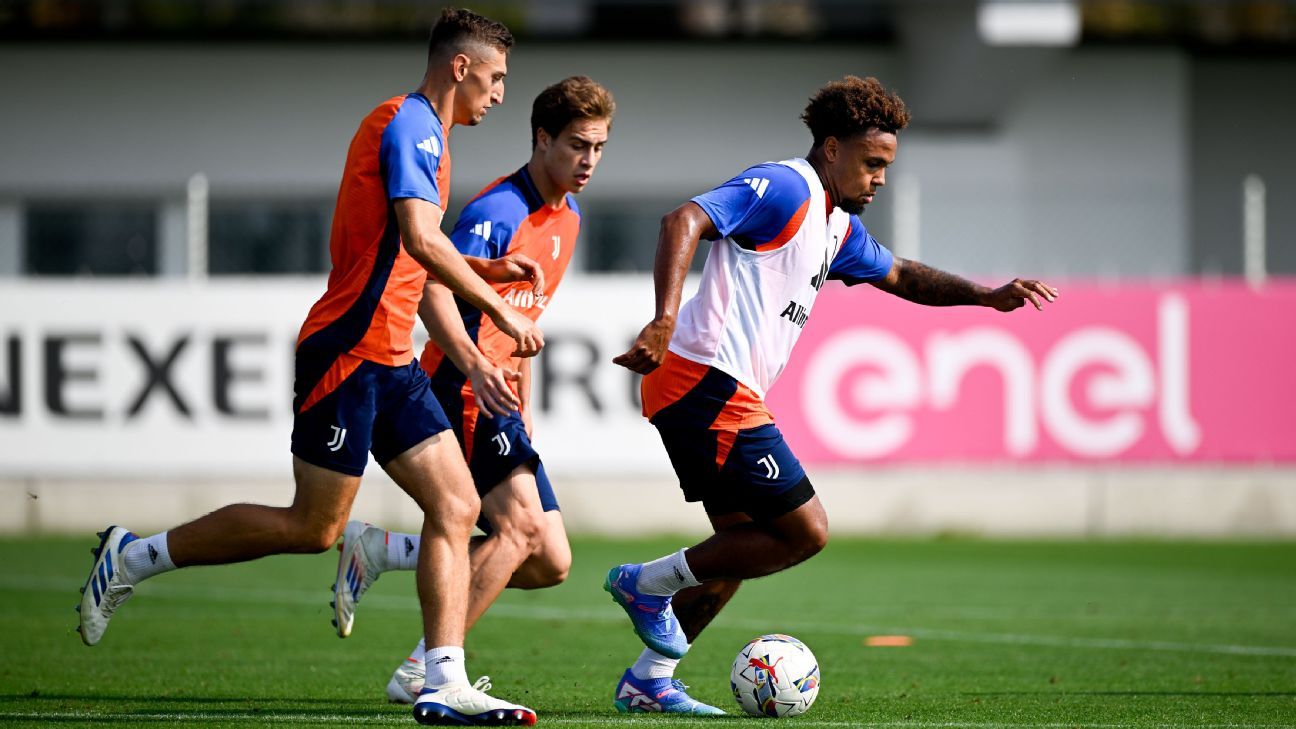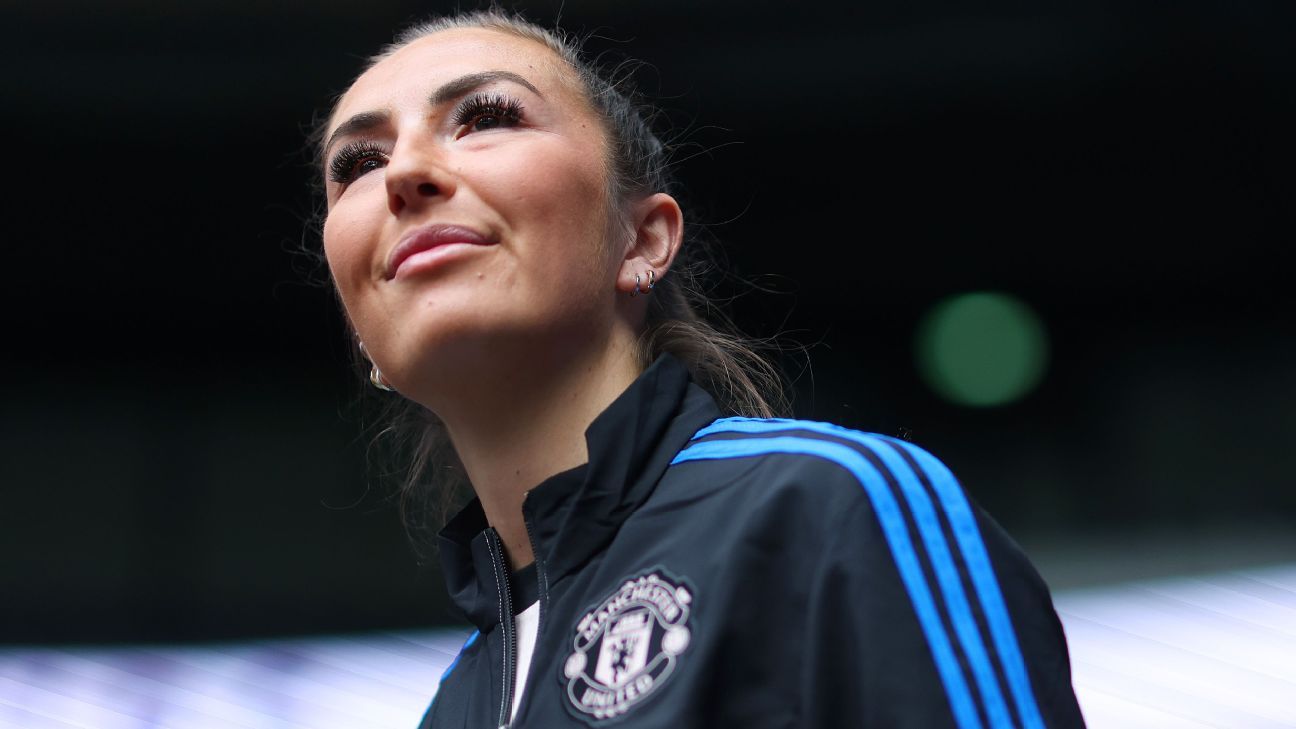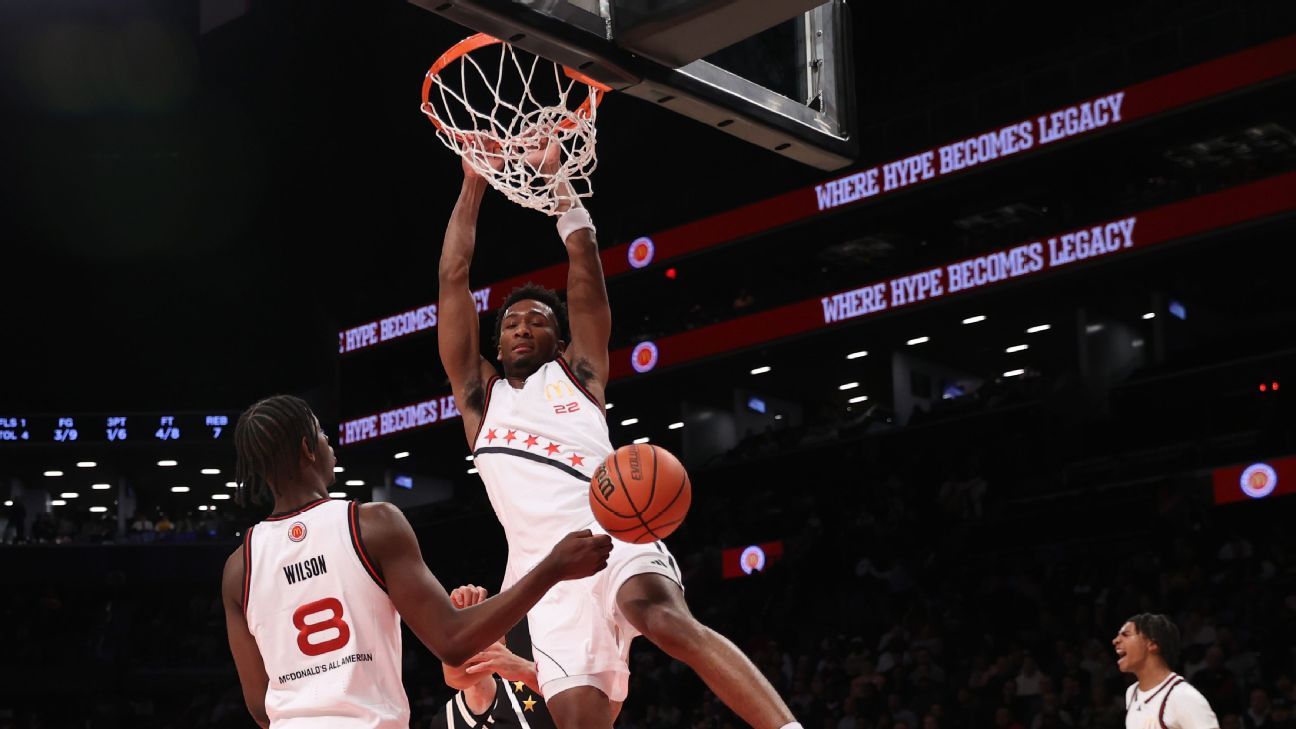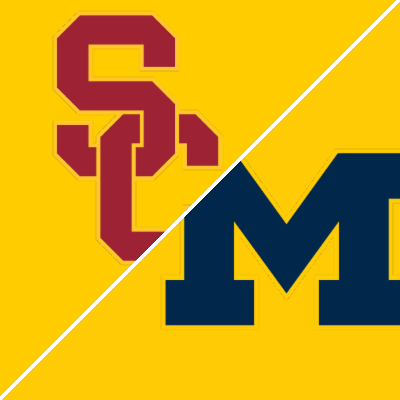PHOENIX — The NCAA Division I Council voted Wednesday to adopt new rules designed to help athletes avoid unscrupulous agents and unfavorable terms in name, image and likeness contracts.
Starting in August, the NCAA will provide athletes with standardized contract recommendations for NIL deals and aggregate data to help schools and athletes get a more realistic picture of the going rates for sponsorship deals. The association also plans to create a voluntary registry of credible and trustworthy agents that will rely heavily on feedback from athletes who have worked with them in the past.
“We don't want to do anything that stands in the way of student-athletes trying to activate their NIL rights, but we do want to help them essentially protect themselves,” said MAC Commissioner and Division I Council Vice President Jon Steinbrecher. The council voted on the new rules during the NCAA's annual convention this week.
Additionally, the council formally proposed new rules that, if approved, could help facilitate agreements between athletes and NIL collectives, a move that would likely return some degree of control over roster management to the sports departments and teams of the campus. Schools and any associated NIL collective will continue to be prohibited from negotiating agreements with recruits or transfers before they enroll.
The council is expected to vote on the proposed changes before the start of the next academic year after gathering feedback from school leaders.
While these changes represent a significant shift in NIL policy that previously attempted to keep schools at arm's length from supporting activity, they may quickly become moot if the NCAA decides to adopt even more progressive rule changes in the coming year. Last month, NCAA President Charlie Baker proposed a much more dramatic new policy change that, among other changes, would allow schools to pay athletes directly to promote their universities through name, image and likeness.
Baker said implementing those more significant changes would likely have to be accompanied by help from Congress providing a federal law that would provide some antitrust protection to the NCAA and create special status for athletes that prevents them from becoming employees.
“I have no doubt that many of these schools would do a lot more for student-athletes if it were done under some framework that looked more like a contractual relationship and less like a job because employment, one, comes with a million others.” things that are pretty dramatic,” Baker said Tuesday night.
He said his proposal was designed as “table-setting” to start a conversation rather than setting specific policies. The NCAA Division I board of directors is expected to vote later this week on whether to begin formally discussing those changes. If they decide to proceed, those changes could be implemented as soon as fall 2024.
“We've only had a few conversations [about Baker’s proposal]” Steinbrecher said. “I don't know why I should be afraid of all this. Let's focus on it. Let's think about what it means to us and how we want to help create it. But let's move on.”
Council members are optimistic that the rules implemented this week will eliminate some bad actors from the NIL market. There is currently no comprehensive source of public data that provides a clear picture of how much athletes earn from their deals. The aggregated, anonymized data shared by all NCAA members (there is no plan to share the details of specific agreements signed by athletes) could help both schools and athletes get a more realistic picture of what to expect at the end of the year. negotiate agreements with NIL companies and groups. .
Standardized contract templates are not yet finalized, but are likely to include suggestions for the terms of NIL agreements, such as ensuring that no contract lasts longer than an athlete's college career or that an agent does not take an exorbitant percentage of the earnings.
Morgyn Wynne, an Oklahoma State softball player and one of two athletes on the Division I Council, said the rules adopted Wednesday are “extremely necessary” to help athletes navigate their sponsorship options.
“We are very supportive of the things that were put in place for the protection of student-athletes,” Wynne said. “I don't think there are really concerns that should follow any of them.”
Among other items, the council also voted Wednesday to adopt tougher penalties for people who violate NCAA rules. In the future, suspended coaches will have to stay away from their teams on days between games, in addition to missing games themselves. Schools that hire coaches with for-cause sanctions for past infractions could face sanctions, and the NCAA plans to create a public database of people with a history of Level 1 or Level 2 infractions.
Baker, who took over as president of the association last March, is expected to discuss his proposed changes and other important issues in college sports in his first annual state of the union-style address to the convention on Wednesday night. He said he was hopeful that Division 1 leaders would vote to begin the formal process of weighing his proposal and hashing out its details during the NCAA Convention this week.

